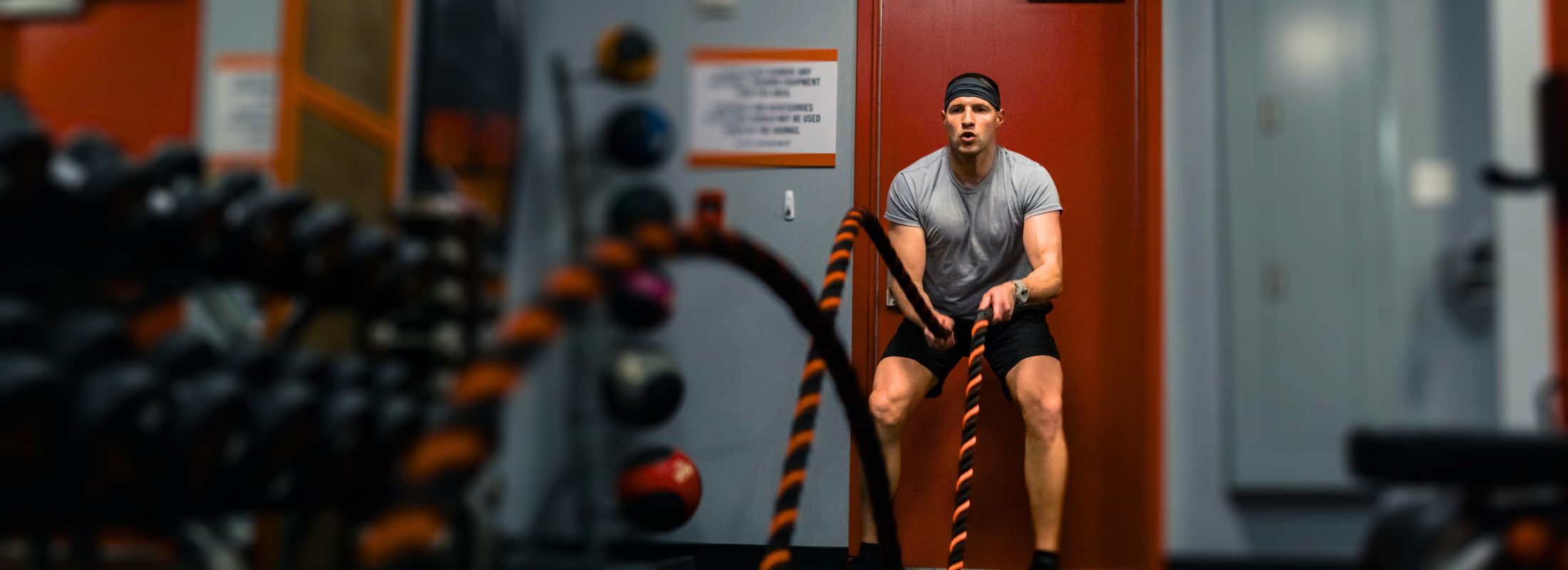Protein is a crucial macronutrient that plays a vital role in building and repairing tissues, producing enzymes and hormones, and supporting overall health. But how do you know if you're getting enough protein in your diet? In this blog post, we'll explore the signs of protein deficiency, recommended daily intake, and tips to ensure you're meeting your protein needs.
Why Protein Matters
Protein is essential for:
-
Muscle Growth and Repair: Protein provides the building blocks (amino acids) needed to repair muscle tissue after exercise.
-
Immune Function: Protein is vital for the production of antibodies and immune system cells.
-
Enzyme Production: Many enzymes in the body are proteins that help catalyze biochemical reactions.
-
Hormonal Balance: Some hormones, like insulin, are proteins that regulate various physiological processes.
Signs You Might Be Lacking Protein
If you're not getting enough protein, your body will let you know. Here are some common signs of protein deficiency:
-
Muscle Weakness and Fatigue: Without adequate protein, muscle repair and growth are compromised, leading to weakness and fatigue.
-
Frequent Illnesses: Protein deficiency can weaken the immune system, making you more susceptible to infections.
-
Hair, Skin, and Nail Problems: Protein is essential for healthy hair, skin, and nails. A deficiency can lead to brittle nails, hair loss, and skin issues.
-
Slow Recovery from Injuries: Protein is critical for tissue repair. A lack of protein can slow down the healing process.
-
Increased Hunger and Cravings: Protein helps regulate appetite. If you're not getting enough, you might feel hungrier and crave more food, especially unhealthy snacks.
How Much Protein Do You Need?
The recommended daily protein intake varies based on factors such as age, gender, and activity level. Here are general guidelines:
-
Sedentary Adults: 0.8 grams of protein per kilogram of body weight.
-
Active Adults: 1.2 to 2.0 grams of protein per kilogram of body weight, depending on the intensity and frequency of activity.
-
Athletes and Bodybuilders: 1.6 to 2.2 grams of protein per kilogram of body weight to support muscle growth and recovery.
To calculate your daily protein needs, use this formula: Protein (grams)=Body weight (kg)×Protein requirement (grams/kg)\text{Protein (grams)} = \text{Body weight (kg)} \times \text{Protein requirement (grams/kg)}Protein (grams)=Body weight (kg)×Protein requirement (grams/kg)
Protein-Rich Foods to Include in Your Diet
Incorporating a variety of protein-rich foods into your diet is key to meeting your protein needs. Here are some excellent sources of protein:
-
Lean Meats: Chicken, turkey, lean beef, and pork.
-
Fish and Seafood: Salmon, tuna, shrimp, and other fish.
-
Dairy Products: Greek yogurt, cottage cheese, milk, and cheese.
-
Plant-Based Proteins: Lentils, chickpeas, black beans, quinoa, and tofu.
-
Nuts and Seeds: Almonds, peanuts, chia seeds, and flaxseeds.
-
Eggs: A versatile and high-quality protein source.
Supplementing with Protein
If you're struggling to meet your protein needs through diet alone, consider adding protein supplements to your routine. MusclePharm offers a range of high-quality protein supplements designed to support your fitness goals. Here are some popular options:
-
MusclePharm Combat Protein Powder: A blend of five protein sources for sustained release and optimal muscle recovery.
-
MusclePharm Combat 100% Whey: A fast-digesting whey protein isolate for post-workout recovery.
-
MusclePharm Organic Protein: A plant-based protein powder made from organic ingredients, perfect for vegetarians and vegans.
Conclusion
Ensuring you get enough protein in your diet is crucial for overall health and optimal performance. By recognizing the signs of protein deficiency, understanding your daily protein needs, and incorporating a variety of protein-rich foods, you can achieve your protein goals. Supplementing with high-quality protein products from MusclePharm can also help you meet your protein requirements and support your fitness journey.
For more information on our products and to find the perfect protein supplement for you, visit MusclePharm.




